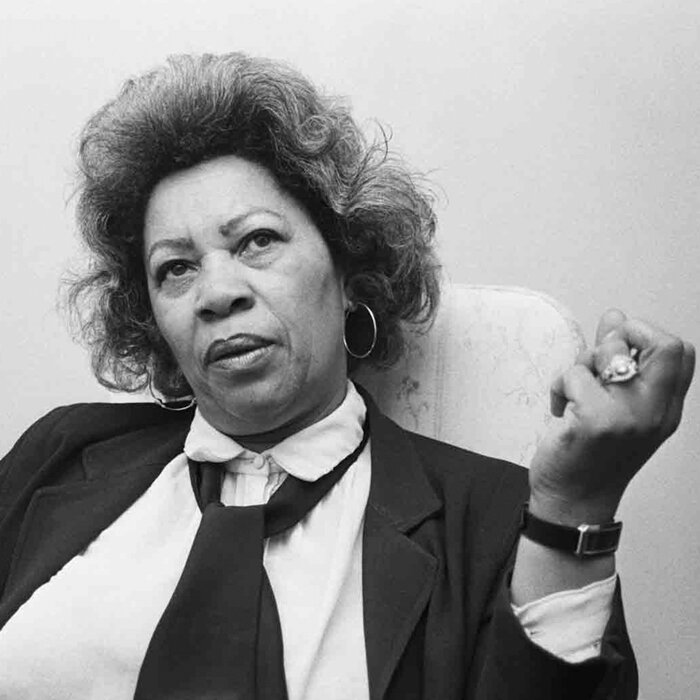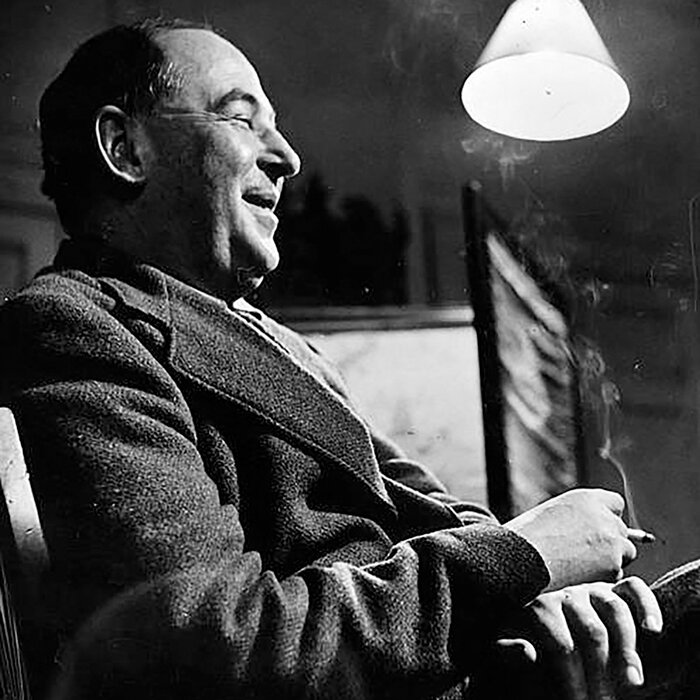
What we read.
Hildegard College’s Great Text reading list is a living draft that curates a living conversation. It contains classic drama and philosophy, poetry and theology, eastern thought, and influential historical documents. We read through the list chronologically. The world needs the ideas it contains.
Hildegard students also read original sources in mathematics, astronomy, music, and the natural sciences. These texts appear in the Quadrivial Arts sequence. The list below reflects a sample of the books included in the Humane Letters Great Text courses.
“Learning without thinking is useless. Thinking without learning is dangerous.”
— Confucius, Analects
Join a conversation with great minds.
Education is a conversation that never ends. But we can help you get started. Have a look at the texts that lay the foundation for our curriculum.
Humane Letters Reading List
(Original sources read in the sciences, arithmetic, and geometry are not included in this list but appear in the Quadrivial Arts coursework.)
The Epic of Gilgamesh
Homer, Iliad
Homer, Odyssey
Hesiod, The Theogony, Works and Days
Heraclites, Fragments
Herodotus, The Histories
Hebrew Bible (Old Testament)
Plato, Meno
Plato, Euthyphro
Plato, Symposium
Plato, Phaedo
Plato, Phaedrus
Plato, Republic
Thucydides, History of the Peloponnesian War
Aeschylus, Agamemnon, Libation Bearers, Eumenides
Sophocles, Oedipus Rex, Oedipus at Colonus, Antigone
Euripides, Medea
Euripides, Alcestis
Aristophanes, Lysistrata
Aristotle, Nicomachean Ethics
Aristotle, Politics
Aristotle, Poetics
Plutarch, Parallel Lives
Lucretius, On the Nature of Things
(Continued below)
“Thou hast made us for thyself,
O Lord, and our heart is restless until it finds its rest in thee.”
— Augustine, Confessions
Hildegard College treats students as the center of learning.
More than memorizing facts, students wrestle with ideas in their original contexts and test them against their own assumptions. Our faculty are guides—not lecturers—and every conversation is unique.
Bhagavad Gita
The Dhammapada
Confucius, Analects
Laozi, Tao Te Ching
Livy, History of Rome
Cicero, On Moral Duties
Cicero, On Friendship
Virgil, Aeneid
Horace, Odes, Epodes, Satires
Seneca, Moral Epistles
Tacitus, Annals
Ovid, Metamorphoses
Christian New Testament
Clement of Rome, 1 Epistle
Ignatius of Antioch, Letters
Polycarp of Smyrna, Epistle to the Philippians
Martyrdom of Polycarp
(Continued below)
“We die. That may be the meaning of life. But we do language. That may be the measure of our lives.”
— Toni Morrison, Nobel Prize for Literature Acceptance Speech (1993)
Justin Martyr, First Apology
Irenaeus of Lyons, Against Heresies
Origen, First Principles
Athanasius, On the Incarnation
Athanasius, On the Holy Spirit
John Chrysostom, Divine Liturgy
The Creeds of the Church
Augustine, Confessions
Augustine, The City of God against the Pagans
Eusebius, The History of the Church
Boethius, Consolation of Philosophy
Pseudo-Dionysius, The Divine Names
(Continued below)
“Taught from their infancy that beauty is woman's sceptre, the mind shapes itself to the body, and roaming round its gilt cage, only seeks to adorn its prison.”
— Mary Wollstonecraft, A Vindication of the Rights of Woman
The Qu’ran
Moses Maimonides, Guide for the Perplexed
Beowulf
Al-Ghazali, The Rescuer from Error
Anselm, Cur Deus Homo
Aquinas, Summa Theologiae, selections
Scotus, Contingency and Freedom. Lectura I 39
Dante Alighieri, The Divine Comedy
Julian of Norwich, Revelations of Divine Love
Chaucer, Canterbury Tales
Machiavelli, The Prince
Pico Della Mirandola, “On the Dignity of Man”
Erasmus, Praise of Folly
Thomas More, Utopia
(Continued below)
“The task of the modern educator is not to cut down jungles but to irrigate deserts.”
— C.S. Lewis, The Abolition of Man
Martin Luther, select theological writings
John Calvin, The Institutes
The Heidelberg Catechism
Edmund Spenser, The Faerie Queene, Books 1 and 5
Bartolome de las Casas, The Destruction of the Indies
Michel de Montaigne, Essaies
Shakespeare, Henry IV, Part 1
Shakespeare, Henry IV, Part 2
Shakespeare, Henry V
Shakespeare, Twelfth Night
Shakespeare, King Lear
Shakespeare, The Winter’s Tale
John Donne, Holy Sonnets, Satires
George Herbert, The Temple
(Continued below)
“The object of education is to teach us to love what is beautiful.”
—Plato, Republic
Descartes, Meditations
Hobbes, Leviathan
Milton, Paradise Lost
Racine, Phedre
Pascal, Pensées
Locke, Essay Concerning Human Understanding
Hume, An Enquiry Regarding Human Understanding
Bach, Musical Compositions
Rousseau, The First and Second Discourses
Kant, “What is Enlightenment?”
Kant, The Groundwork for the Metaphysics of Morals
Smith, The Wealth of Nations
Beethoven, Musical Compositions
Hegel, The Philosophy of Spirit, selections
The Federalist Papers
The Declaration of Independence
Tocqueville, Democracy in America
Malthus, An Essay on the Principle of Population
Equiano, The Most Interesting Narrative of Olaudah Equiano
Mary Wollstonecraft, A Vindication of the Rights of Woman
William Blake, The Marriage of Heaven and Hell
Wordsworth, selected poems, “Preface” to Lyrical Ballads
Shelley, Frankenstein
Jane Austen, Persuasion
John Stuart Mill, On Liberty
Marx and Engels, Communist Manifesto
Frederick Douglass, Narrative of the Life of Frederick Douglass, An American Slave
Emerson, “Nature,” “Experience”
Baudelaire, The Flowers of Evil
Kierkegaard, Fear and Trembling
Nietzsche, On the Genealogy of Morals
Dostoevsky, The Brothers Karamazov
(Continued below)
“Truth sees God, and wisdom contemplates God, and from these two comes a third, a holy and wonderful delight in God, who is love.”
— Julian of Norwich, Revelations of Divine Love
Herman Melville, Moby Dick
Walt Whitman, Leaves of Grass
Charles Darwin, On the Origin of Species
John Henry Newman, The Idea of a University
Nathaniel Hawthorne, selected short stories
Booker T. Washington, Up From Slavery
W.E.B Du Bois, Souls of Black Folk
James Joyce, A Portrait of the Artist as a Young Man
John Steinbeck, East of Eden
Albert Camus, The Stranger
Jean-Paul Sartre, Nausea
G. K. Chesterton, Orthodoxy
Flannery O’Connor, Short Stories
C. S. Lewis, The Abolition of Man
Martin Luther King, Jr., Selected Speeches and Writings
Alice Walker, The Color Purple
Toni Morrison, Beloved
Marilynne Robinson, Gilead








